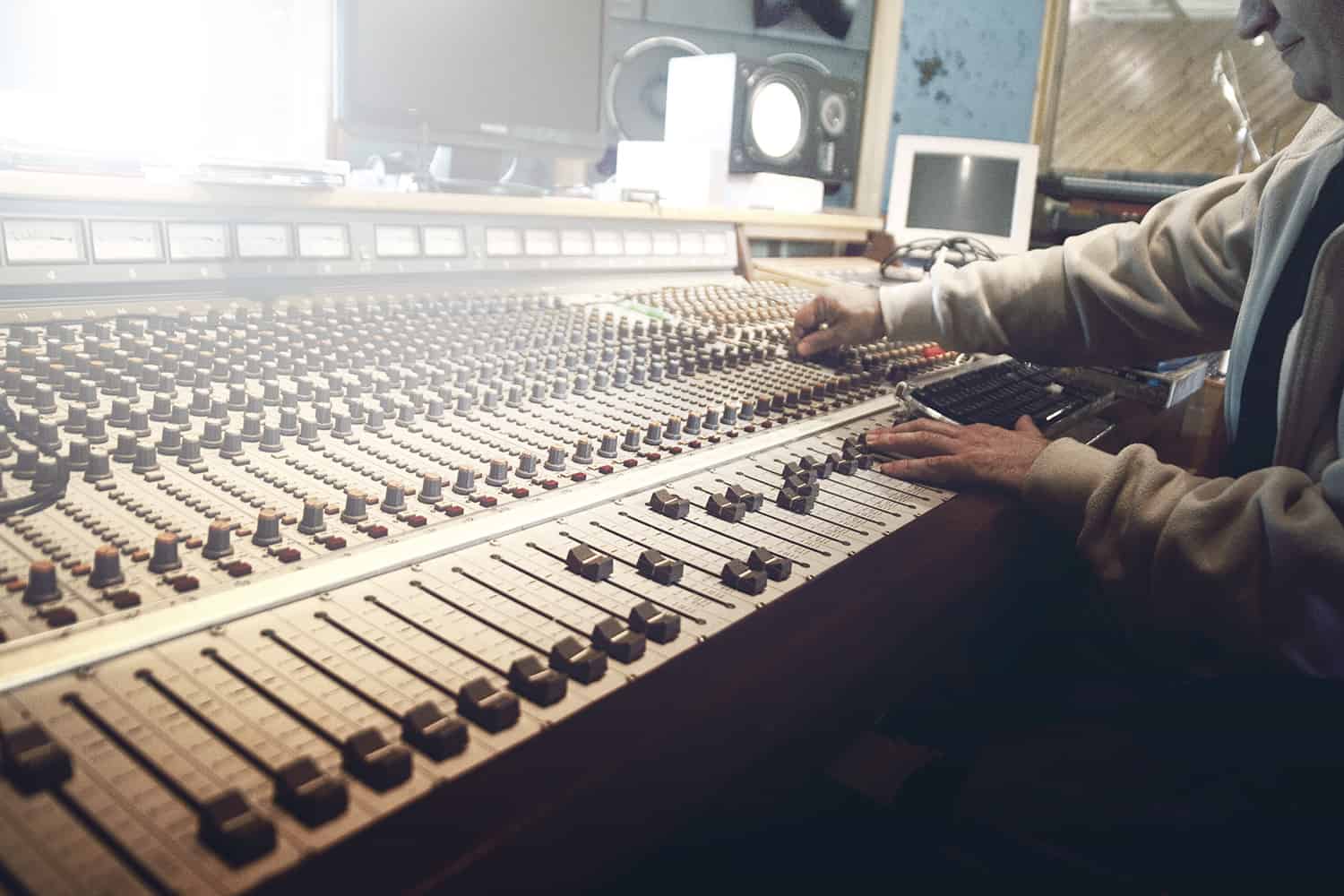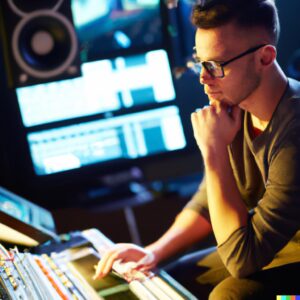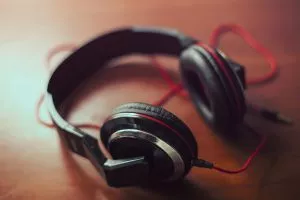I’m a digital boy; I have always been a digital boy. Big analog consoles were never my thing, however, 10 years ago it simply wasn’t possible to get great results from plugins alone. These days, however, you can get the same analog-sounding results from plugins, especially if you know what you’re doing and have an acoustically balanced room. Having an acoustically-optimized room is one of the most important aspects to capturing a great recording.
In today’s music business, at least 50% of the music that you hear on the radio was made “IDB” (In the Box – means on a DAW) with no big consoles, no tube compressors, no EQs – simply from plugins. Scanning popular songs on the radio, I wonder how many musicians and producers can correctly identify a true analog recording from something that’s 100% digital. I am the first to admit that I cannot. The truth is, talented kids with laptops and a lot of free time are making open, big-sounding tracks without ever having used any analog gear. These kids are being played on airwaves and perform to sold-out crowds at some of the biggest EDM festivals in the world.
So why does the industry insist on branding analog as something that creates superior sound?
I am a member of the online forum Gearslutz and have been for years. I frequently encounter discussions about the best compressors, EQs, consoles, or people simply salivating over expensive gear. Some people have impressive studios, packed with the best-branded analog gear. however, when I check out their work,some of them don’t even meet the industry’s standard. My experience always leaves me to wonder how these sub-par producers/engineers book gigs with decent artists. The answer appears to be this: take an artist who doesn’t have a trained ear, put him/her/them in a big studio with a lot of analog gear, and watch him/her/them book sessions with a rock ‘n’ roll fantasy of playing around with fancy equipment during the recording process.
(I would like to add that Gearslutz is a respected forum and has some of the most talented people in the industry, and this doesn not apply to everyone, only to some)
Every once in a while, I get an email like this: “Hi Raz, we liked your mixes, how much do you charge, and what gear are you using?” Let me ask you this: have you ever asked a surgeon what tools he/she uses when performing surgery? Or are you more interesting in knowing his/her reputation and track record in their field? Why do artist care what gear a record producer owns or uses if they liked his/her work? The answer is ignorance, and that the studio industry wants you to believe that good results = analog gear = big studio = a lot of money. You’d be surprised how many great producers and engineers work from small home studios. It’s about the people creating and recording the songs, not the gear. Artists are sometimes fooled into paying large sums of money for productions in big studios when they could have gotten the very same results from a home studio at a fraction of the cost.
The only things you truly need are a good song and talented producers, mixing and mastering engineers. These are not easy things of course.
I will summarize by saying this:
Open your ears and listen to the work of the music producers and engineers you want to hire. If you feel that you can’t recognize quality results, ask a more experienced professional to help you.
Do not be fooled by mix engineers and music producers with big analog studios without listening to their work.
If the producer or engineer you like has a home studio or small studio, this can be a plus as you will be spending 30-50% of the price while achieving the same results.
If money is no object and an analog studio is important to you for the experience of it (keep in mind this will have no impact on the quality of your recordings), consider hiring studio time and bringing in the producers and engineers you like.
Remember: a studio is only a studio. A big studio has no relationship to whether or not the studio’s owner or producer can create the recording you’re after.





